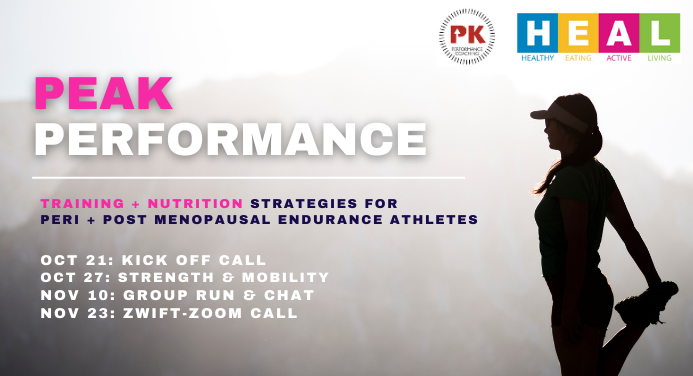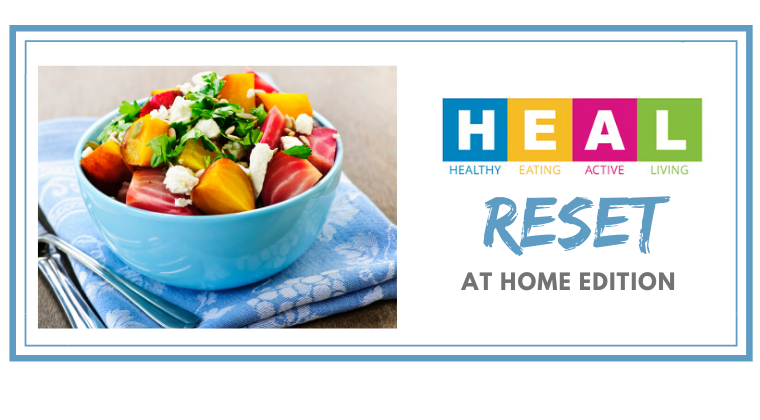
Ask A Nutritionist! (July/Aug 2008) –Muscle cramping
August 14, 2008
Ask A Nutritionist! (Nov / Dec 2008) – Whole foods for Energy
December 14, 2008“What changes should be made to your diet when you’re a runner over 40, and over 50?”
Proper nutrition is vital for everyone at any age and the nutritional needs of older runners are not considerably different from younger runners. The difference is that older runners can’t necessarily get away with less-than-ideal nutrition, the way their younger counterparts might.
One area to focus on is recovery nutrition, that is, your nutrition post run and post race. While essential to runners at any age, recovery nutrition helps the replacement of lost nutrients (carbohydrates, electrolytes and water) and starts the repair process post run. As we age our ability to repair the muscle damage decreases. By consuming sufficient carbohydrates during runs lasting longer than 90 minutes and immediately following all runs we can accelerate glycogen replenishment and muscle repair so we can be ready for our next run.
Of equal importance to older runners is daily nutrition. As we age our metabolism slows and appetites typically decrease, however maintaining a high activity level increases the demand for calories. Making sure you are consuming sufficient calories to fuel your activity level is essential for maintaining energy levels and strength. Furthermore, making sure the correct amounts of carbohydrates, proteins and fats are consumed daily is imperative.
To ensure proper nutrient levels, including vitamins and minerals, calories need to be coming from the appropriate sources, focusing on quality whole foods such as whole grains, lean sources of protein, fresh vegetables and fruits, raw nuts and seeds and adequate amounts of pure water.
Aging runners should make a point of obtaining adequate amounts of calcium, magnesium and vitamin D. These nutrients are required to promote strong bones, reduce the risk of osteoporosis and fractures. Increase consumption of oily fish, cod liver oil, egg yolks for vitamin D; fresh vegetables and nuts for magnesium; and for non-dairy sources of calcium add dark green leafy vegetables such as kale and broccoli or nuts such as almonds and Brazil nuts to your diet.



